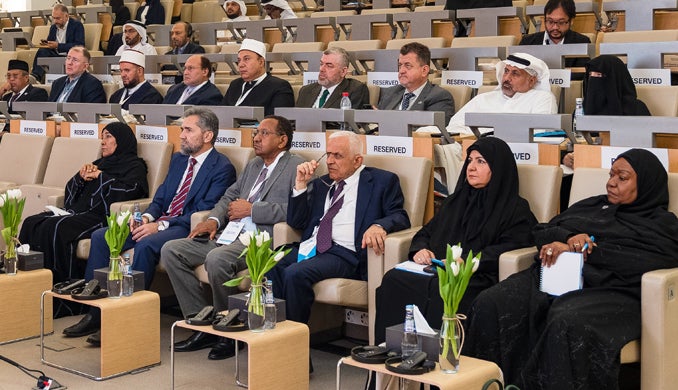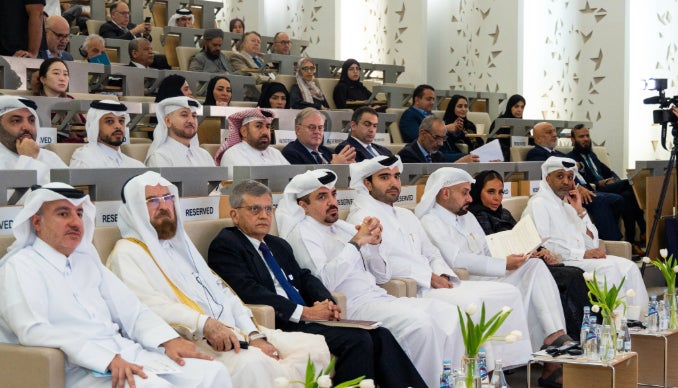Dr. Recep Şentürk, Dean of the College of Islamic Studies (CIS) at Hamad Bin Khalifa University, discusses his ambitious plans for the college.
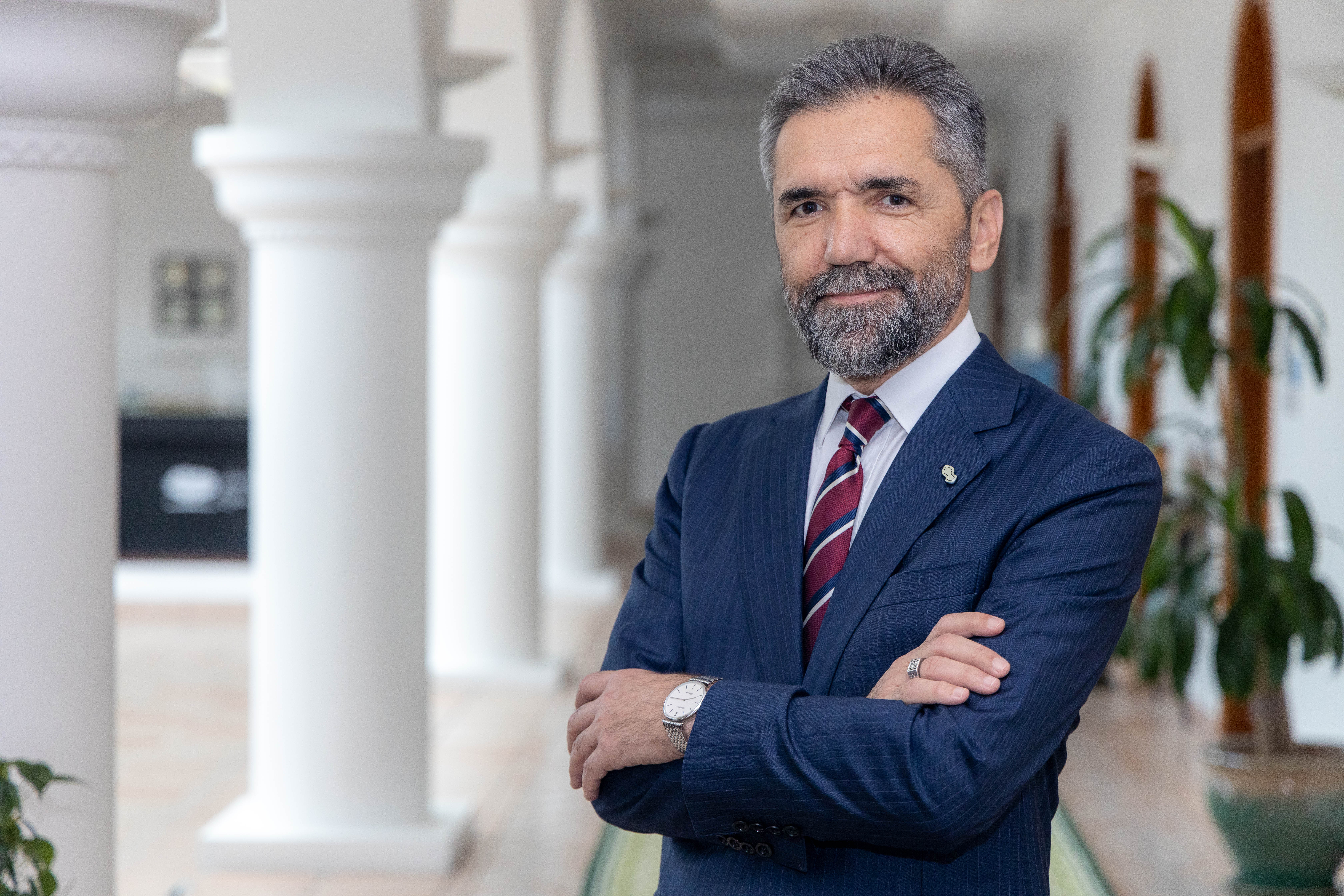
Tell us about your background.
My background brings together Islamic Studies and Social Sciences. I studied for a BA in Religion and Pedagogy at Marmara University and then an MA in Sociology at Istanbul University, before getting a PHD in Sociology from Columbia University.
I combined both a modern and traditional Islamic Studies education, and I believe this is a very important synthesis. It allowed me to see how Islam is studied differently using both methods. The traditional method is different from modern academic education so I got this opportunity of seeing both and getting to know the strong and weak aspects of both pedagogies.
This kind of education enabled me to learn about traditional perspectives on Islam, and also modern perspectives on religion, and the pedagogy of teaching religion and communicating it to others.
Looking back, I can see that this education really helped me to understand Islam from a broad perspective.
How do you plan to ensure CIS establishes itself as a leading international entity for discourse on Islamic studies in a global context?
Indeed, this is our ultimate goal. As a home for contemporary Islamic studies, CIS continuously breaks new ground and seeks novel solutions for positive, global impact. We connect academic Islamic grounding with modern social sciences, embracing the future and setting new paradigms in everything we do.
We are proud to have a great diversity of scholars and students from around the world so the potential is there. However, to fulfil that potential and make CIS an internationally recognized, prestigious research institute, we need to deal with issues that others don’t deal with, or we need to do so in a better way.
We are working on a number of enhancements and exciting projects that can make CIS a global center of research education.
What do you think CIS’ biggest strengths are and how do you see yourself enhancing the college's reputation, both regionally and globally?
CIS has great potential, both human and academic. Our scholars come from different countries and are real assets because each one comes with a different intellectual character, and they are prominent scholars within their own fields.
We have an interdisciplinary culture and we have six programs at the moment, and these programs study Islam from different perspectives, which gives us a great advantage.
Our graduates are very successful people who are employed in key positions, both in Qatar and further afield. This shows that the education we give is very much needed by both public and private institutions.
To take CIS to the next level, it is important to increase our network with comparable global institutions both in the Muslim world and outside. Such a network is very important to make CIS a global institution and it will enable scholars to visit us and for our scholars to visit other prestigious universities outside Qatar.
What were the main factors that attracted you to join CIS, and how have you found the role so far?
I like to think of CIS as a truly international institute. Almost all of humanity is represented here, and that diversity is very attractive to me, but the potential can be used more effectively. That’s why we are continuing to work to further develop our programs along with our academic and human infrastructure.
There is a true willingness by the university's top administration to position CIS as a global center of learning. We are working on ways to link practice and theory. Our state-of-the-art building, Minaretein, is a beacon of two lights - one is symbolic of knowledge, and the other is symbolic of theory and practice.
Qatar has very strong ties with Turkey. Do you see CIS and HBKU playing a role to further strengthen the relationship between the two countries?
The relationships with Turkey are important, but equally, we want to develop connections between CIS and all other Muslim countries - countries that have intellectual heritage. We want to benefit from their experience and share with them our own experience. Turkey experimented westernization and secularization. There are many lessons to learn form this experience.
Turkish experience taught us that modernization doesn't mean Westernization - it has a different meaning in every society. In Turkey, we experienced some modernization set-backs, and I believe CIS and Qatar can benefit from this experience. The Turkish experience demonstrates that Muslims should define modernization as “rooted revival” but not the wholesale westernization which is nothing other than self-colonization.
We want to develop ties with underdeveloped or developing countries where they can learn from us, as well as the connections that can benefit or help other people. CIS can definitely learn from the long tradition of Islamic arts and aesthetics education and practice in Turkey.
Who are your greatest sources of inspiration and why?
My biggest source of inspiration is our rich and diverse intellectual lineage grounded in our faith in Allah, the authentic Sunnah of our beloved Prophet Muhammad (peace be upon him), the great heroes and scholars of the past, and the present generation of teachers who taught us Islam, such as Al Salaf Al Saleheen. Also, I can say that one of my greatest sources of inspiration is my students from around the world who are passionate to learn.
Another greatest source of inspiration for me is the ideal that we can offer our children a better future, a viable alternative to materialist and hedonist postmodern culture. We need to collaborate with everyone, regardless of their religion, who believes that there is truth in the world and there is right and wrong. We need to do something for the future generations - all over the world together with people who believe in the truth, and make an alliance with them to defend the truth, all for the benefit of humanity and our future generations.
Related News
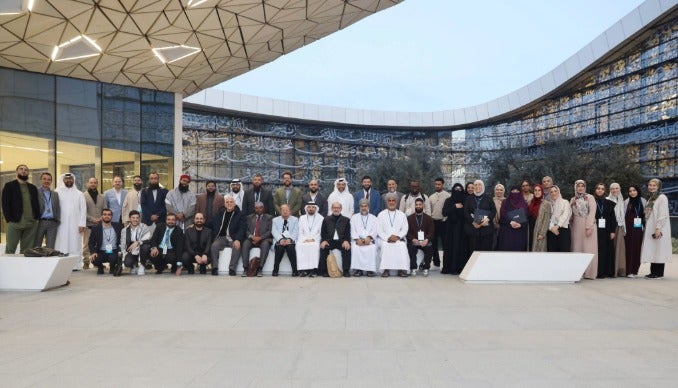
Hamad Bin Khalifa University Symposium Positions Islamic Psychology As Essential Part of Mental Health Systems
Qur’anic Botanic Garden and Herfah Program Revive Traditional Craft with New Dye Plants Garden
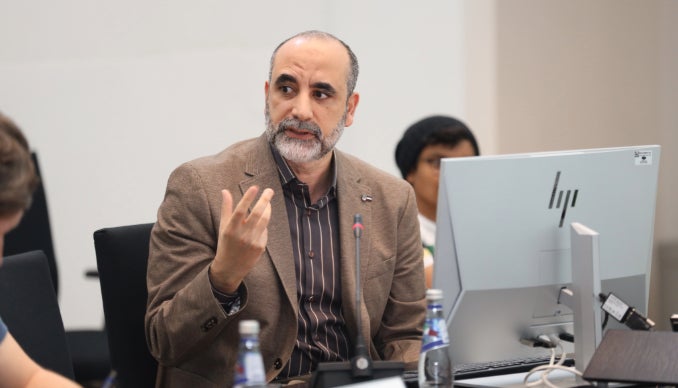
Hamad Bin Khalifa University’s International Islamic Bioethics Association Holds Inaugural Meeting
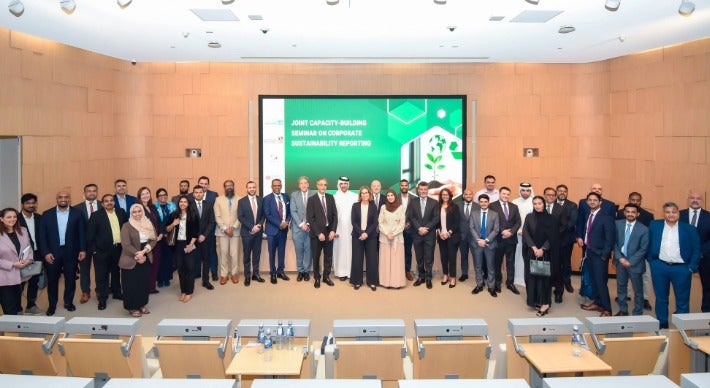
HBKU’s CIS Hosts Second High-Level Seminar on Corporate Sustainability Reporting
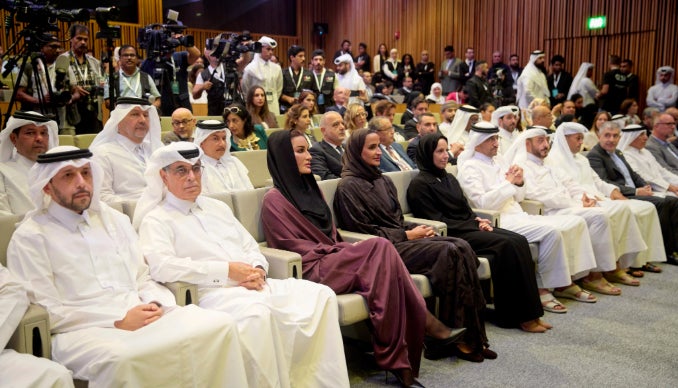
Her Highness Sheikha Moza bint Nasser Attends Hamad Bin Khalifa University’s Conference on AI Ethics
